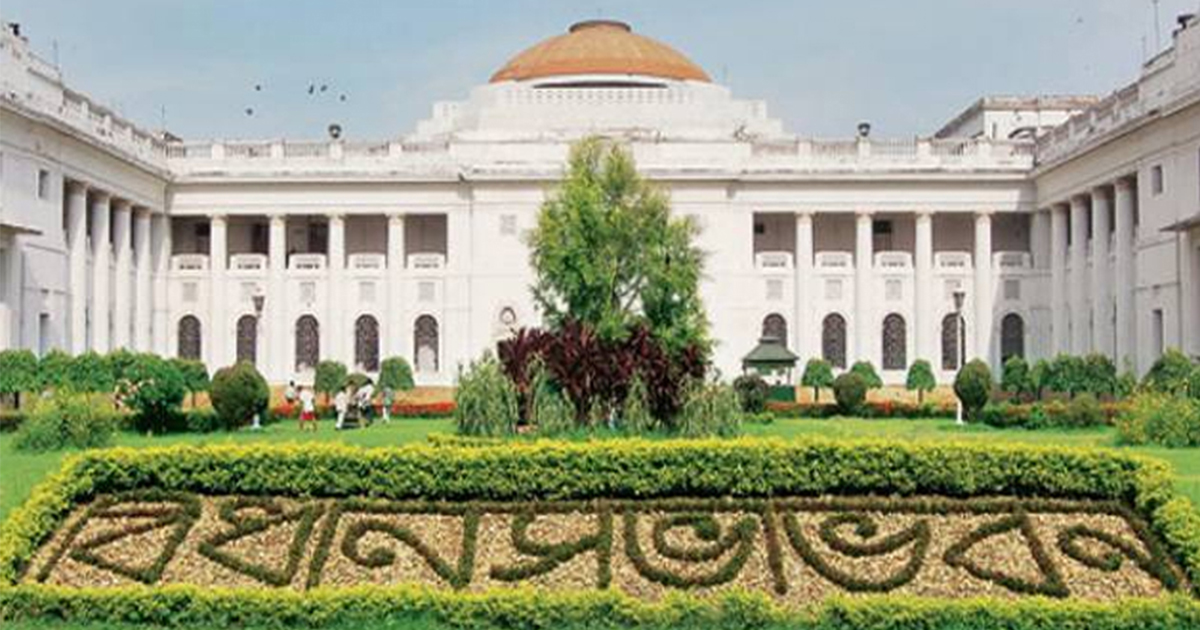West Bengal is opposing not going forward with new indirect taxation regime as scheduled date i.,e 1st July, which may affect several consumers and manufacturers across the state. Though even 75 days after passing of Amendment Constitution GST Bill, it will be applicable by mid- September. All the states and the Centre have to adopt GST Regime and no need to pay several taxes like excise, service tax, VAT, central sales tax and entertainment tax.
The West- Bengal Government has called for the postponement of GST and debating that small or medium enterprises are not ready for the GST implementation and demanding to revise GST taxes on products or items like footwear and multiplexes. The State Finance Minister Amit Mitra said that differences are required to be solved out before he moves the state GST Bill in the assembly.
Bipin Sapra, the partner for indirect tax at consulting firm EY, said “If a state does not enact the SGST law before July 1, then supplies made within the state will be costlier given that both CGST and VAT may apply. Similarly, supplies made to outside the state would also be costlier assuming input VAT credits would not be available.”
In the views of senior officials and experts, Manufacturers or producers, who are sending goods in other states must have to pay IGST and CGST, in furtherance to local levies. West- Bengal is one of the consuming states, it is perceived that the state government to be a failure if it does not roll out GST from July and also affect with revenue losses during this period.
Read Also: Meaning of SGST, IGST, CGST with Input Tax Credit Adjustment
M S Mani, Senior Director at Deloitte, said, “The introduction of GST is at such an advanced stage that it is fervently hoped that all states continue to display the same spirit of cooperative federalism that they have displayed in the GST Council meetings held since February 2017,”










